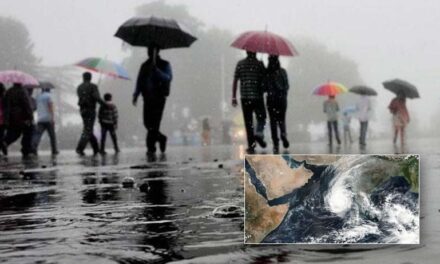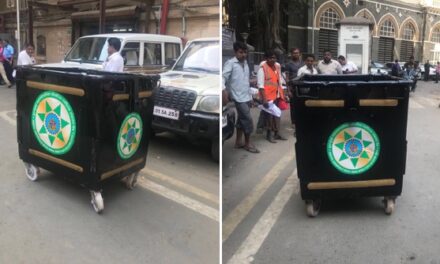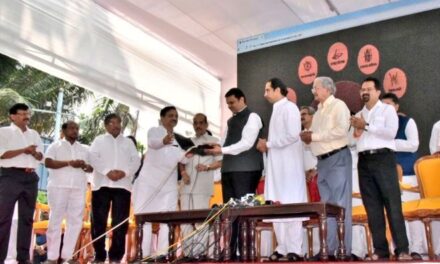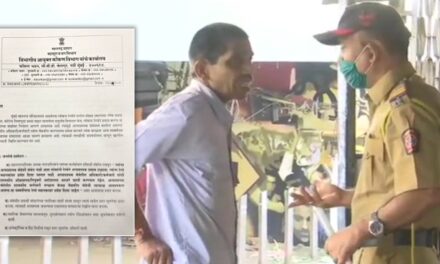4 days after voting in favour, Shiv Sena slams Centre on CAB bill, violent protests
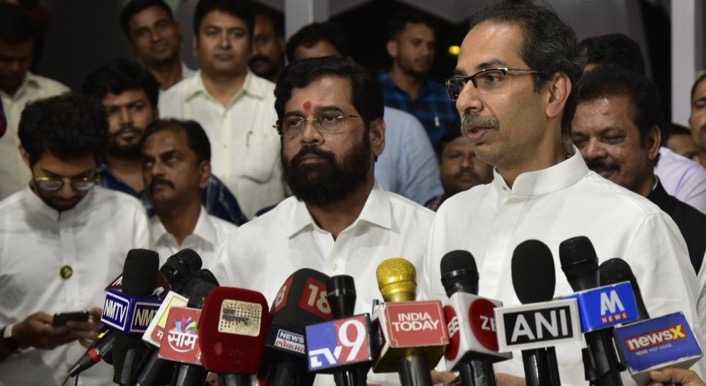

Ironically, the Uddhav Thackeray-led party had supported the bill in the Lok Sabha while protests were still underway (Representational Image)
Barely four days after supporting the bill in Lok Sabha, the Shiv Sena on Friday slammed the BJP-led central government over the contentious Citizenship (Amendment) Bill (CAB) and the ensuing violence in the north-eastern states.
The CAB Bill was approved by the Lok Sabha and the Rajya Sabha earlier this week. It became an Act after President Ram Nath Kovind gave assent to it on Thursday night.
The Act paves the way for granting Indian citizenship to non-Muslim refugees from Pakistan, Afghanistan, and Bangladesh who have migrated after facing religious persecution in their respective country.
In an editorial in its mouthpiece ‘Saamana’ today, the Shiv Sena slammed the BJP using the bill as an attempt to paint itself as the sole saviour of Hindus across the world.
It even blamed its former ally for the violent protests that have erupted in several north-eastern states, which are opposing the migration of all immigrants irrespective of their religion.
“There is now violence in the north-eastern states. What kind of politics the government is playing by inviting the uncalled for pain?” it asked.
The Sena also questioned the government about why Kashmiri Pandits have not been able to return to Kashmir despite the scrapping of Article 370.
Ironically, the Uddhav Thackeray-led party had supported the bill in the Lok Sabha while protests were still underway. However, it stayed away from voting on it in the Rajya Sabha.
According to sources, Sena’s decision to back the bill in Lok Sabha did not go down well with the Congress, its ally in the state government. It was therefore asked to reconsider its stance or face the consequences.
The Sena likely buckled under pressure and changed its stance overnight to avoid irking the Congress.
Despite winning a clear majority, the Sena and BJP broke their near three-decade-old alliance last month after failing to agree on the sharing on CM post. Later, the Bal Thackeray-founded party allied with NCP and Congress to form government in the state.










